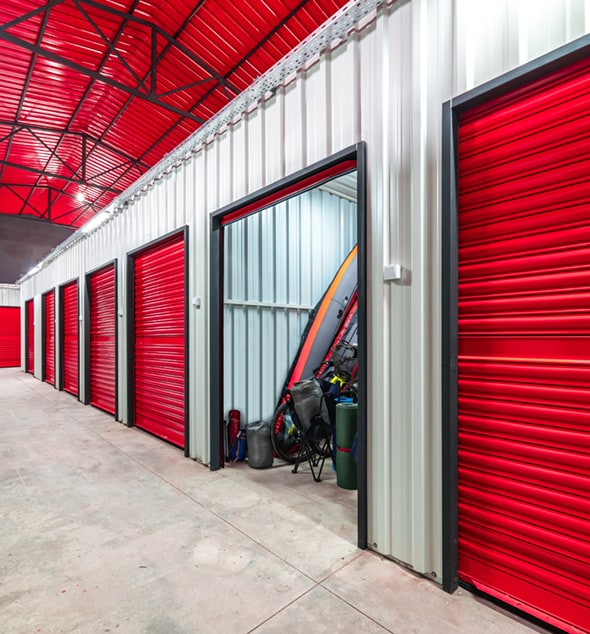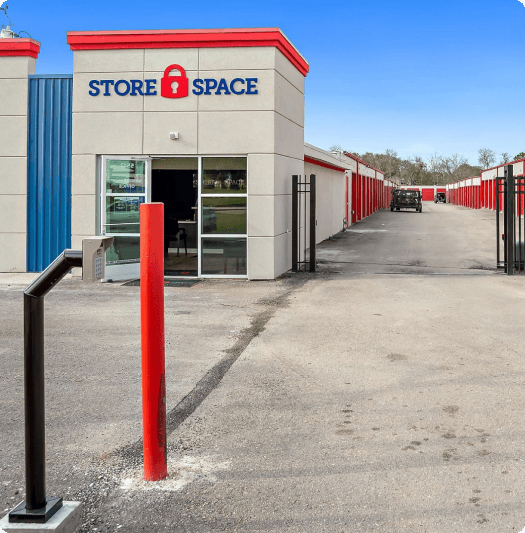Is Rochester a Good Place to Live?

The fourth-largest city in New York, the Flower City presents an impressive job market, prestigious education opportunities and a diverse array of attractions—all of which have many people asking, “Is Rochester a good place to live?”
Therefore, we thought we would take a few minutes to assist with research and help you decide if it's worth it to move to Rochester. Keep reading to find out how expensive it is to live in Rochester, if people like living in Rochester and much more. Let’s start by exploring the city at a snapshot and talking more about Rochester’s history.
Is Rochester the perfect place for you to call home? Find out with this quick read!
Rochester in a Snapshot
These statistics should give you a baseline understanding of Rochester’s size and population. Additional characteristics like cost of living, crime and economics are discussed in detail further down. Roughly 211,000 people were living in Rochester in 2020.
| Rochester | |
| Population (2010) | 210,565 |
| Population (2020) | 211,238 |
| Area (sq. mi.) | 37.17 |
| Land Area (sq. mi.) | 35.77 |
| Water Area (sq. mi.) | 1.41 |
| Elevation (ft.) | 203-702 |
| Time Zone | UTC-5 (EST) |
The History of Rochester
Up until the 1797 Treaty of Big Tree, the area in and around Rochester was controlled by the Seneca tribe. Previously, the area had been home to several factions of the Iroquois tribe, which were forced to secede the area after British defeat during the American Revolution.
During the early years of the 19th century, the Rochester of today began to take shape. At first, the area was known as the village of Rochesterville. However, this name was changed in 1823 as the area’s population reached an excess of 2,500 residents. Simultaneously, the Erie Canal east of the Hudson River was opened.
As the 20th century progressed, Rochester began to become a prominent center for the garment industry. Leading fashion pioneers such as Bond Clothing Stores, Fashion Park Clothes, and Stein-Bloch all claimed Rochester as their home.
These days, the area’s population has reached heights of 211,238 residents, and the city is renowned as an educational and photographic processing hotspot. The city also hosts several cultural festivals every year including the Rochester International Jazz Festival and the 360 365 Film Festival.
Rochester is also home to several sports teams including the Rochester Red Wings (Triple-A East), Rochester Americans (AHL), Rochester Rhinos (USL), Rochester RazorSharks (PBL) and the Rochester Knighthawks (NLL).
Is Rochester a Safe Place to live?
While other areas of New York state are considered dangerous, Rochester has a crime rating comparably safer than the national average. Overall, CrimeGrade.org, awarded Rochester a composite crime grade of an “A”. Three different scores for violent (A), property (A+) and miscellaneous crime (C-) are all included in this overall score.
This crime grade and report suggest that Rochester is a very safe place to live and work. However, there are a few areas where crime is more common than others. These areas are mostly distributed around the Greater Rochester International Airport and along the southern portions of Lake Shore Blvd, which runs north of the city along Lake Ontario.
Is it Expensive to Live in Rochester?
According to BestPlaces.net, Rochester’s cost of living is one of the lowest in the state of New York. Overall, the state of New York’s cost of living is listed as 120.5 and Rochester is significantly lower at 78.4. These scores are compared to the nation’s average of 100.
Furthermore, the median home cost in Rochester, NY is $130,800 compared to $373,000 in New York State and an average of $291,700 across the nation.
| CITY | STATE | COST OF LIVING |
| Rochester | NY | $130,800 |
| Spokane | WA | $335,100 |
| Birmingham | AL | $79,000 |
| Des Moines | IA | $168,700 |
| San Bernardino | CA | $363,000 |
Looking more closely at the cost-of-living report for Rochester, housing is the area where Rochester is the most affordable compared to the overall cost of living for the United States. However, the city is more expensive in terms of utility and miscellaneous costs. In terms of health care, groceries and transportation Rochester is slightly less expensive than the national average.
What are the Pros and Cons of Living in Rochester?
Pros
The cost of living in Rochester is one of most influential pros of living in the city. This affordability is even more significant when comparing the cost of living in other New York cities. The area’s housing market is also very competitive compared to the national average.
In addition, Rochester’s education systems, community pride and the many points of interest located in and around the city are also significant pros to living in the Flower City.
The city is home to the University of Rochester and Rochester Institute of Technology, and is located within two hours to Cornell University. While the pedigree of Cornell speaks for itself, the University of Rochester is also a prestigious university offering 200-plus bachelor’s, master’s and doctoral programs, while RIT is the 10th largest private university in the U.S.
The University of Rochester, Rochester Regional Health and Wegmans Food Markets Inc. are the three largest employers in the Rochester area. Other notable companies and organizations that operate their headquarters in Rochester include Kodak, Xerox and Paychex.
Points of interest in the Rochester area include the Susan B. Anthony house, Highland Park, the Times Square Building, Cinema Theater and Cobbs Hill Park Reservoir.
Cons
Commonly listed cons of living in Rochester include cold and harsh winters and a dispersed public school system. The various elementary, middle and high schools located throughout Rochester are by no means terrible, but the best schools are located on the outskirts of the city. Some individuals may also believe the occasional traffic that occurs throughout Rochester is a con to living in the area. However, compared to other cities of similar size, the traffic in Rochester is nothing to get worked up about.
Do People Like Living in Rochester?
In general, people enjoy living in Rochester, N.Y. One user on the site Quora cited the city’s diverse attractions, world-class music scene and outdoor recreation opportunities as reasons why they love living in the city.
Another review also stated that no matter what you want to do, you can do it in or around Rochester, NY. This includes skiing, dining, watersports, hiking and other activities.
Wrapping up: Is Rochester a Good Place to Live?
Are you interested in calling Rochester home? If so, then make sure to check out our moving tips to help plan your move. In addition, make sure to secure affordable, professional storage from your local Store Space Self Storage facility.
We have two storage facilities located in Rochester and we are excited to provide you professional storage solutions whenever you need!
Use our storage location finder to locate the nearest Space nearest Store Space facility in Rochester, NY.







